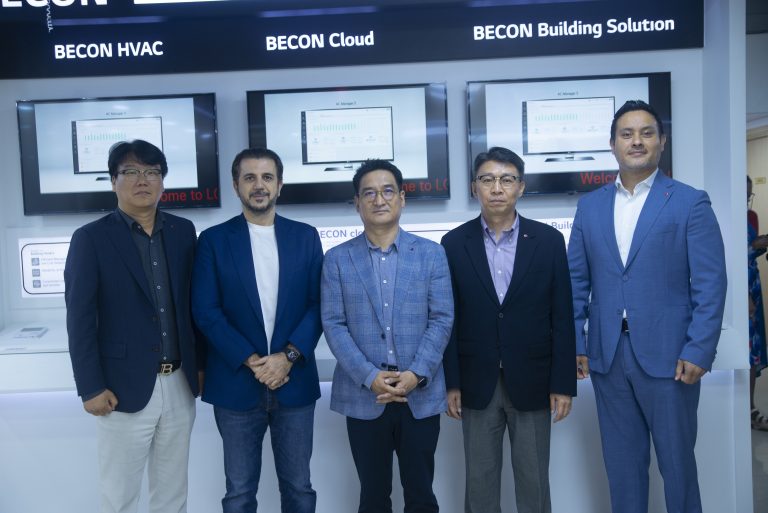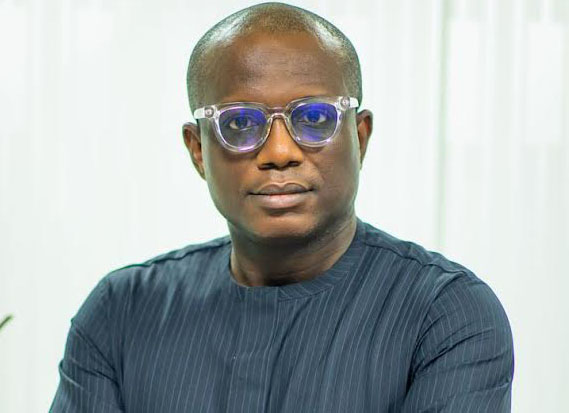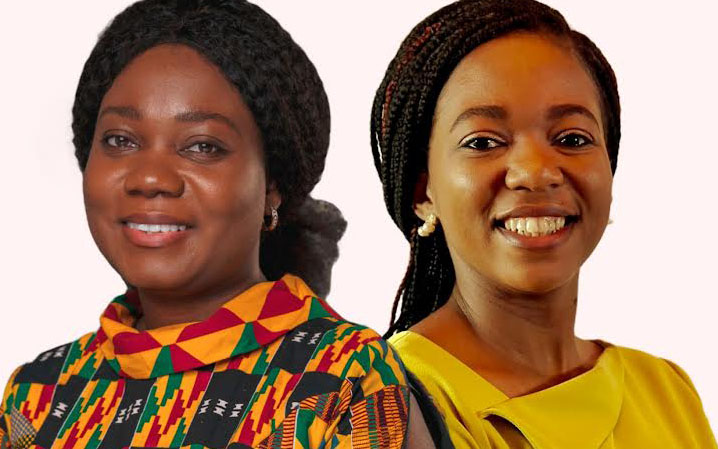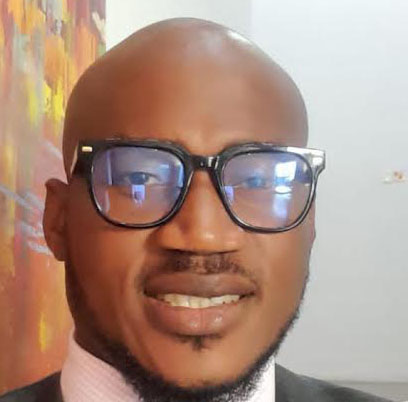
ONE of the enduring traditions of developed democracies is the creation of fora for contestants for public office to market their programmes to the electorate before live audiences. In 2012, President Barack Obama met a feisty contender in Mitt Romney. Speech analysts and observers agree that Romney virtually pulled the rug off the silver-tongued and charismatic Obama during the first debate. This is the power of an open debate contest.
Debate is one of the communication platforms available for a candidate to canvas votes by trying to impress the electorate through a combination of appearance, oratory, messaging, empathy and bonding. During elections, contestants present their party’s manifestoes and planned activities on attaining power in form of debates that are often transmitted live to audiences via the broadcast media. These events are organised and moderated by select members of the mass media and others, not party partisans. This is especially the case for contestants vying for governorship and the presidency.
The last time Nigerians witnessed a real presidential debate was in 1993 between the presidential standard bearers of the two contending parties, the late Chief Moshood Abiola of the Social Democratic Party (SDP) and Alhaji Bashir Tofa of the National Republican Congress (NRC). However, with the restoration of democratic rule in 1999 till date, it has been a sad commentary that the Nigerian electorate have been denied a robust political debate among presidential aspirants. Notably, the Peoples Democratic Party (PDP)’s presidential aspirant, Chief Olusegun Obasanjo failed to turn up for the presidential debate organised for him and Chief Olu Falae of the Alliance for Democracy (AD) in 1999. Since then, presidential debates in the country and its organisation have been reduced to a charade often characterised by bickering, allegations of unfairness in the conduct of the exercise and eventual absenteeism by one or two frontline contenders that often takes the shine off it.
Following the rancour, combative and provocative approach, blasé messages, language and style of several of the campaign communications that have filled the air, it came as another rude shock that Nigerians would not have the benefit of assessing the presidential candidates before they hit the polls on February 14, 2015.
The Peoples Democratic Party Presidential Campaign Organisation (PDPPCO) is insisting on the participation of the All Progressives Congress (APC) presidential candidate, General Muhammadu Buhari in a live television debate with President Goodluck Jonathan. Director of Media and Publicity of the PDPPCO, Chief Femi Fani-Kayode, in a statement, yesterday, in Abuja, said that the PDP was ready to attend any debate, anywhere in the country with the APC candidate, even if that debate was organised by the APC’s spokesman, Lai Mohammed, and the APC itself, as long as it would be televised live.
The APC had reiterated at various fora that its Presidential candidate, General Muhamadu Buhari, would not participate in the debate being organised by the Nigeria Election Debate Group (NEDG) for 14 presidential candidates and their running mates. The party alleged bias, saying the organisers of the debate were Federal Government’s agencies and personnel.
However, this position was countered by Fani-Kayode who said: “The decision of the APC not to participate in the debate organised by the Broadcasting Organisation of Nigeria (BON) on the grounds of alleged bias is baseless and absurd. The decision of the APC to boycott the debate provides ample evidence of their cowardice and their unrelenting contempt for the Nigerian people.”
The President of the Public Relations Consultants Association of Nigeria (PRCAN), Mr. John Ehiguesi, in his view, expressed disappointment at the trend of personal attacks and mundane issues among political parties. ‘‘I do not see much evidence of rigour in the preparations of the various parties to convincingly ‘sell’ their programmes and plans for the Nigerian people. I really don’t know what is justifiable or not, but politicians, by their nature and disposition, can always rationalise anything.”
He believes that the suspicion that there won’t be a level playing field for the candidates during the debate, as being peddled by the Buhari’s camp resulting in APC’s decision to pull out of any debate, may constitute enough grounds for any of the parties to opt out. ‘‘Nobody would like to walk into an ambush. So, I guess it is the responsibility of whoever is organising a political debate to ensure and demonstrate that there is no prior bias, and that the process is fair and transparent. That said, it is the electorate’s loss if we cannot get our candidates to engage in properly organised and moderated debates before elections,’’ he added.
Ehiguesi also opined that comparing Nigerian electorates with other political climes like America or the United Kingdom is disproportional. He maintained that these developed countries have matured over time, and so some of these practices are pretty well entrenched.
He noted further that “they have a large percentage of educated citizens who are discerning and able to make informed electoral decisions on the basis of information presented to them. Political debates become ‘spellbinding’ when the participants and the audience are well enlightened. The issues are properly understood, articulated and appropriately tackled, and the debaters do their homework very well, knowing full well that their performance at the debate could significantly affect their political fortunes.”
However, the CEO of Absolute PR, Mr. Akonte Ekine, argued that there is no excuse for APC not participaticing in the debates.
‘‘The essence is to share understanding with the electorate and win them over based on solutions provided to issues. Is there a debate? Well if you call the activities at the various campaign ground a debate then we have a long way to go as I am yet to see one debate. It is all about the literacy level or knowledge of the citizen and the understanding of the rights. We have a case where aside the few votes that will be counted the bulk of the activities to win is not at the booth,” he said.
Commenting on the debate deadlock, PR egghead of Redline Media, Mr. Lekan Ishola, stated that political debates in the country are devoid of the expected academic attributes of objectivity, depth of research, far-reaching grasp of issues and honest desire to enlighten the populace.
“They are mostly ‘play to the gallery’ stunts we have always witnessed just as in presidential chats and other media parleys by leaders. From the choice of venue to moderators to organisers, attempts are mostly made to control or lead voters in certain pre-determined direction, unlike what obtains in other climes where debates are true test of candidates knowledge of issues and ability to offer practical solutions,” he added.
He averred that debate is just one of the platforms available to a candidate to reach potential audience. “If a team rejects debate but opts for townhall meetings with strategic segments of the population as an avenue to canvas votes, that is their strategy; and it is okay. If you believe that your best way of assessing the candidates is through debate, there are million other citizens who do not see debate as a platform through which they can be wooed. So, choosing to take part or not take part in debates is a matter of vote canvasing strategy,” he noted.
The composition of the Nigerian society is different from the composition of the UK, U.S. or other European societies. So, if debate has become an entrenched part of their democracies, rallies, house-to-house campaigns and exploitation of other forms of affinity are entrenched aspects of our own democracy. The Nigerian society is emotive and very personal in its structural make up while the other societies cited are very impersonal and rational. The role of TV, Internet, new media generally, in their societies is stronger than here. Radio is next to personal (face-to-face) interactions here. Until the make up of our societies change fully, it is to be expected that debates will not be seen as a strong political communication platform in the mold of rallies and face-to-face interactions.











